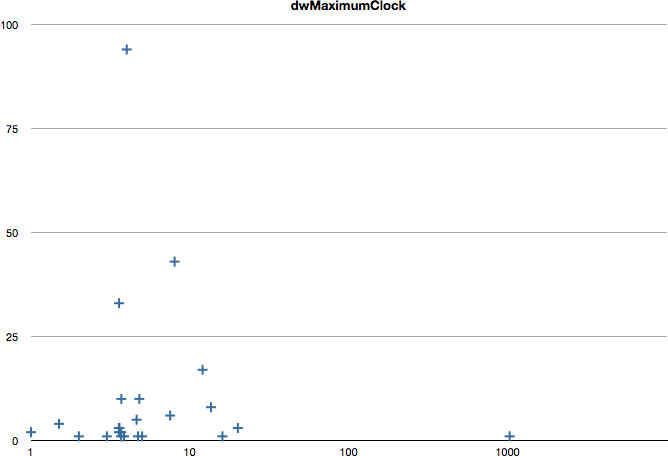As I did with the previous major versions of Mac OS X
Mavericks,
Mountain Lion (and
Lion) I will list changes in Yosemite BETA regarding the smart card world.
For now only a "public" beta version is available. According to the
beta program FAQ:
Is the pre-release software I am installing confidential?
Yes, the pre-release software is Apple confidential information. For example, don’t install the pre-release Apple software on any systems you don't directly control or that you share with others, don’t blog, post screen shots, tweet or publicly post information about the pre-release Apple software, and don't discuss the pre-release Apple software with or demonstrate it to others who are not in the OS X Beta Program. For clarity, if Apple has publicly disclosed technical information about the pre-release software then it is no longer considered confidential.
So I can't tell you much. I will only refer to public documentation from Apple.
New frameworks
From
What's New in OS X: OS X Yosemite v10.10
New Frameworks
The following frameworks are new in OS X v10.10:
API Differences
From
OS X v10.9 to OS X v10.10 API Differences
CryptoTokenKit (Added)
PCSC
No changes
Crypto Token
So it looks like Apple changed the way to use a smart card (or Crypto Token). I would not be surprised if the CDSA and tokend infrastructures are now removed. CDSA is deprecated since Lion (3 major releases and 3 years ago), see
Mac OS X Lion and tokend.
The removal of CDSA and tokend may be effective in Yosemite (or not).
PC/SC
The PC/SC API is still present and had not been modified.
Conclusion
Apple will surprise the smart card world with its new OS Yosemite.
I would say more but I can't because of the NDA. I will post a complete smart card status when Yosemite is released this autumn.






